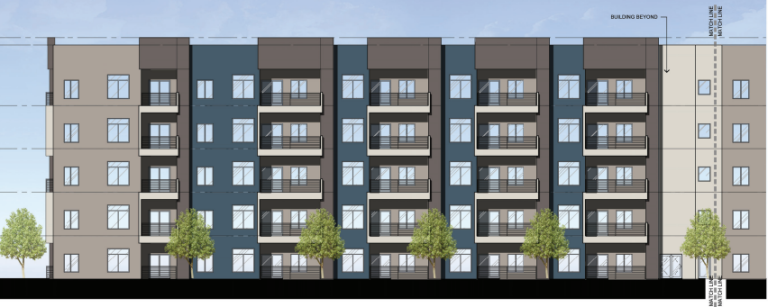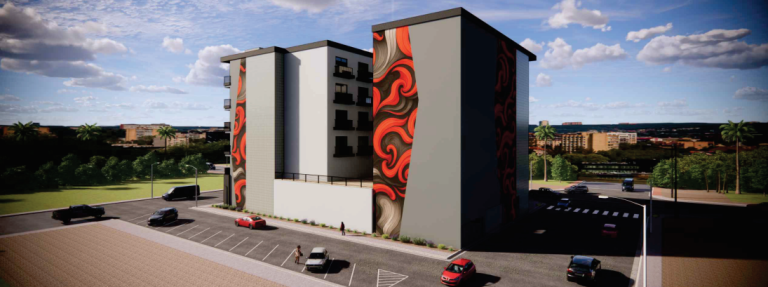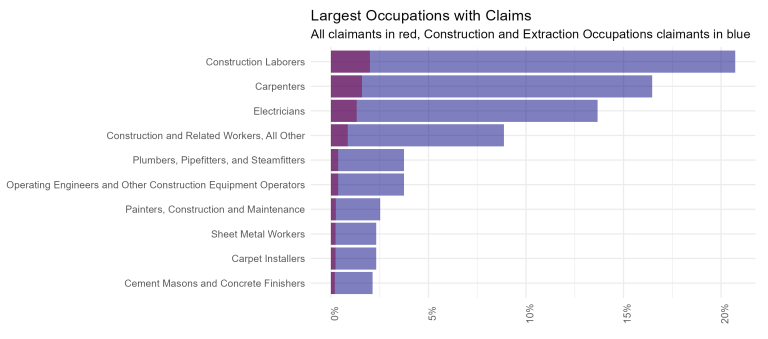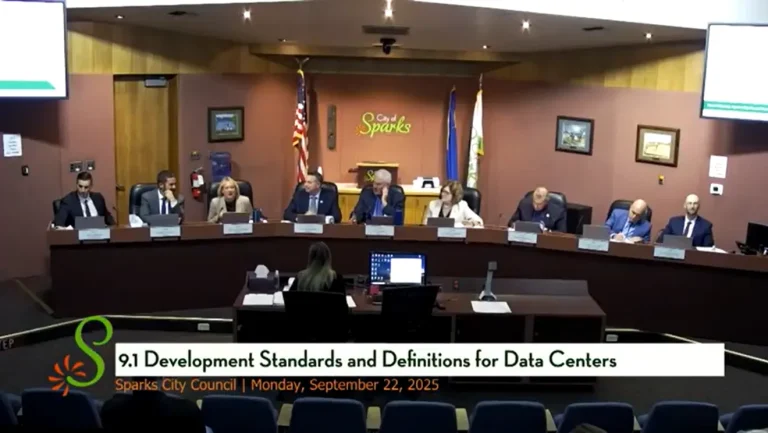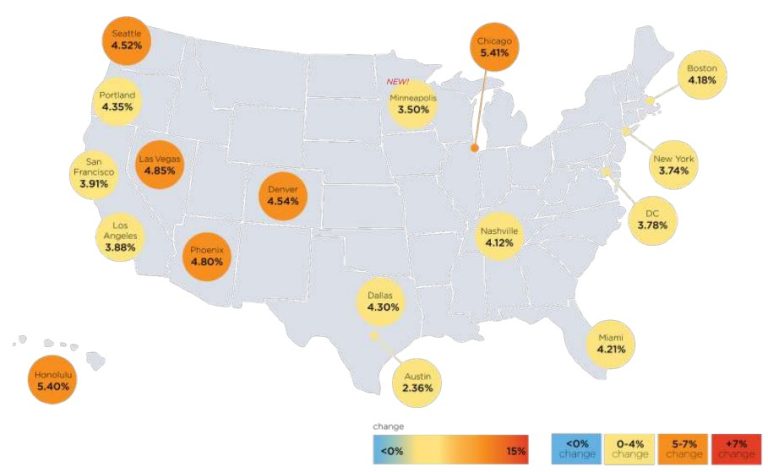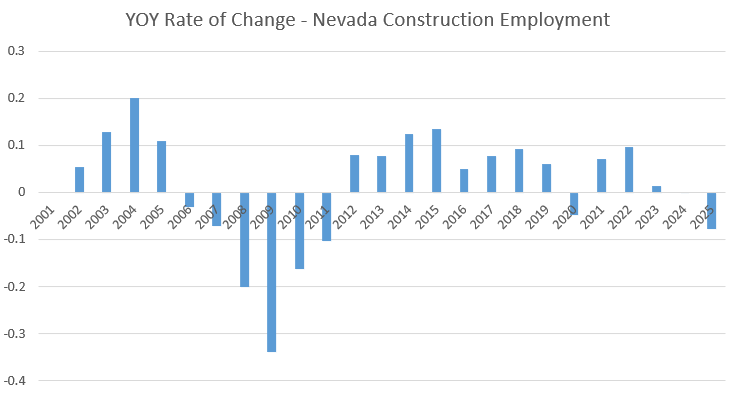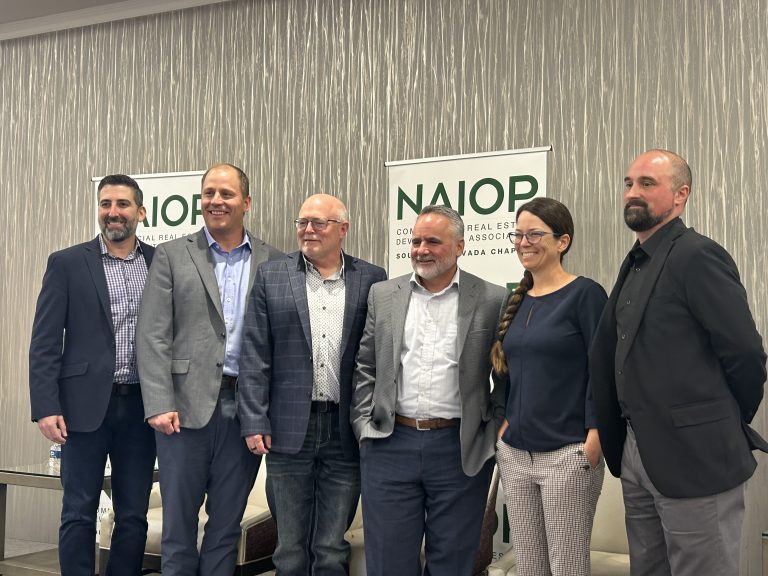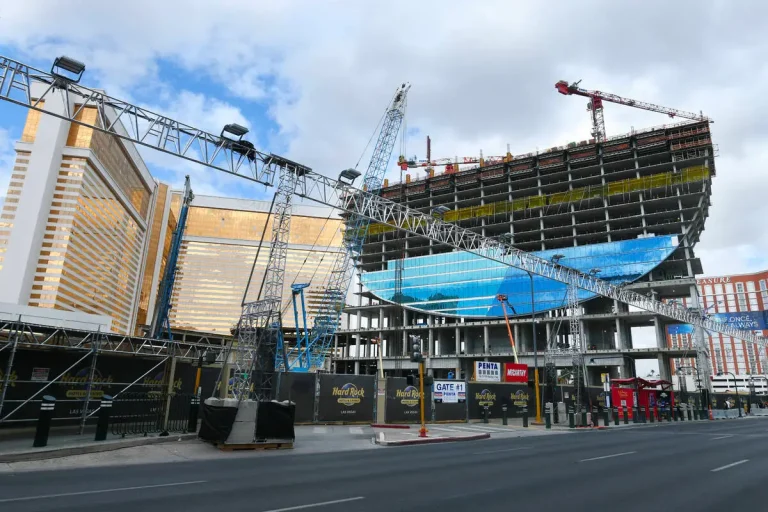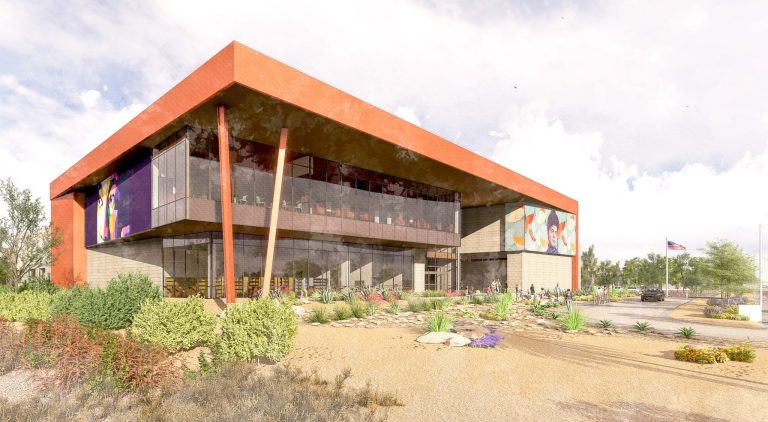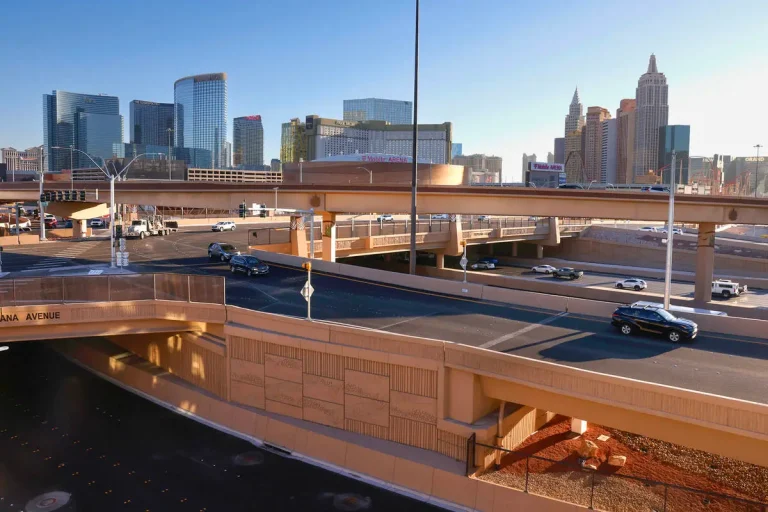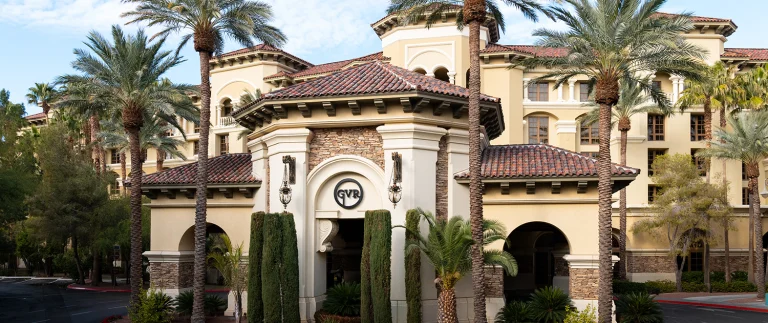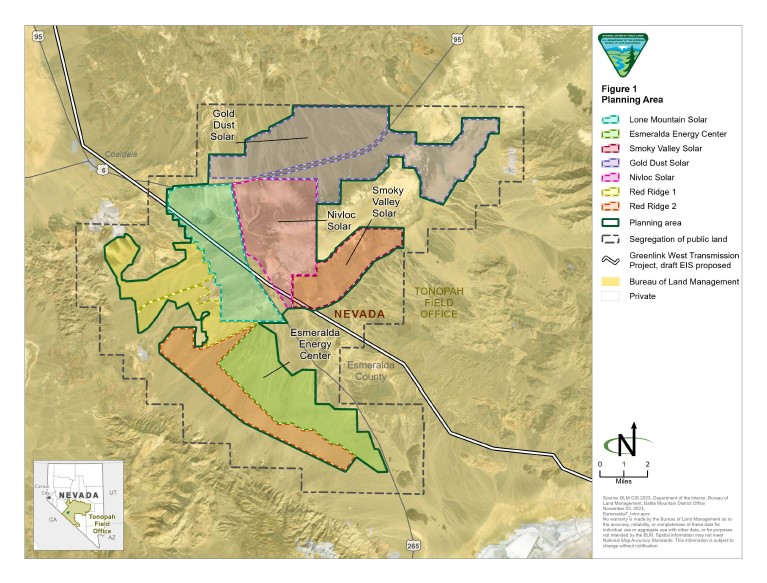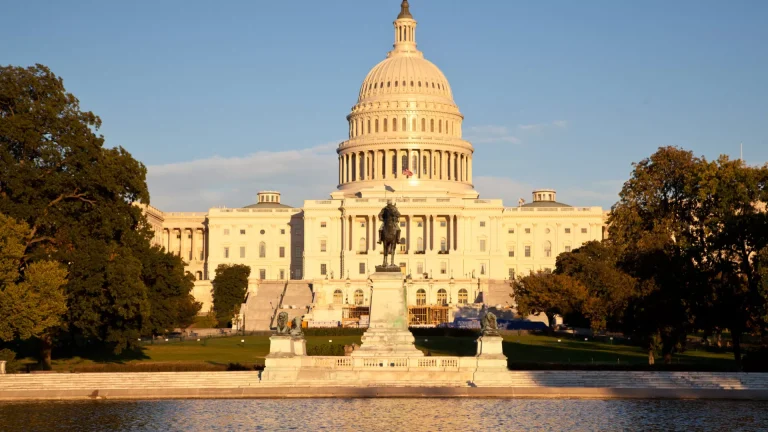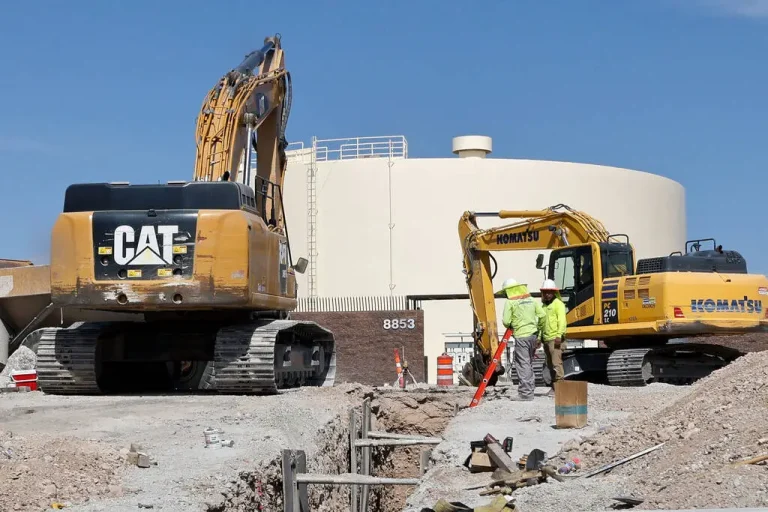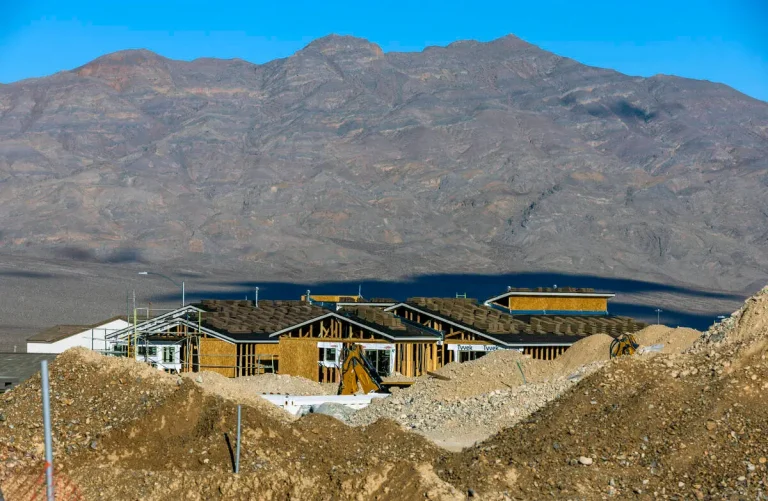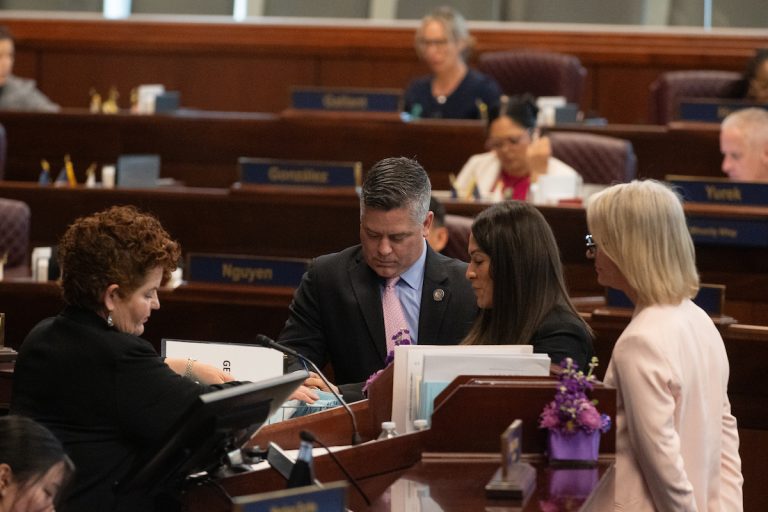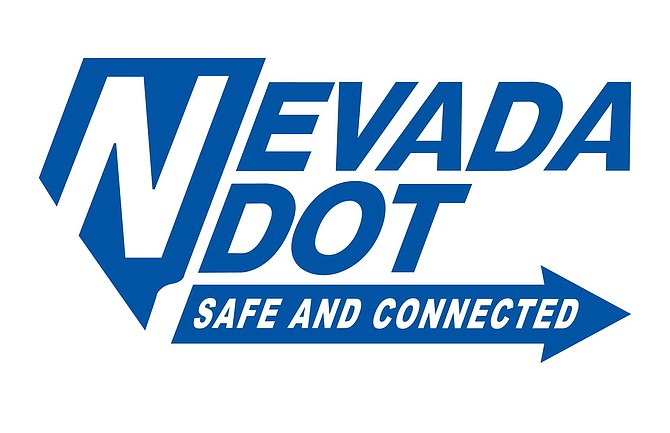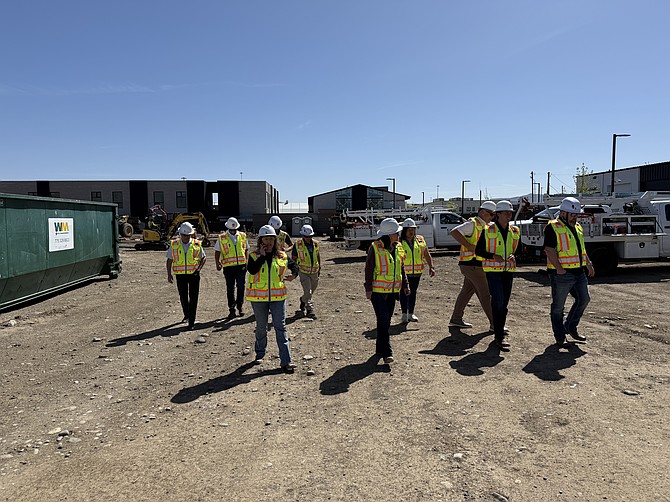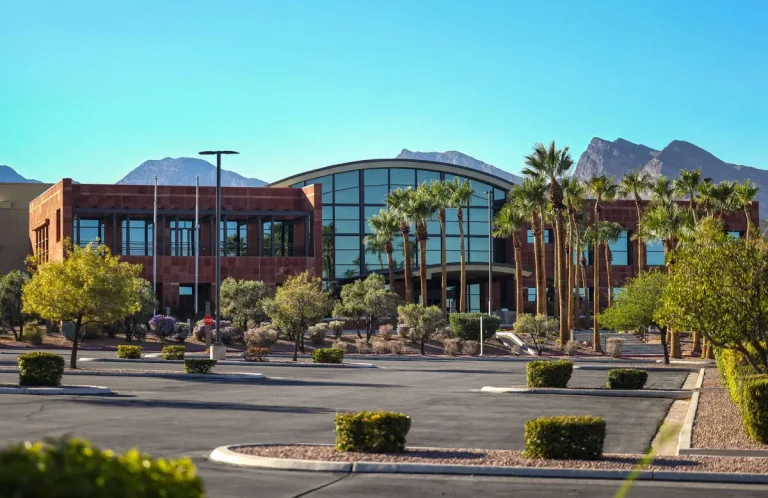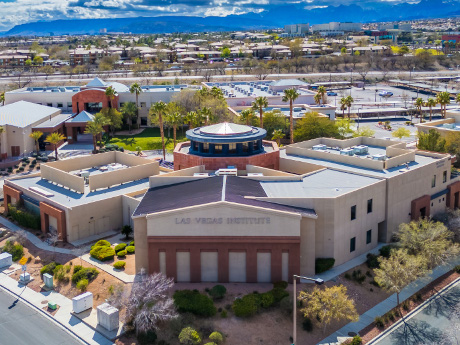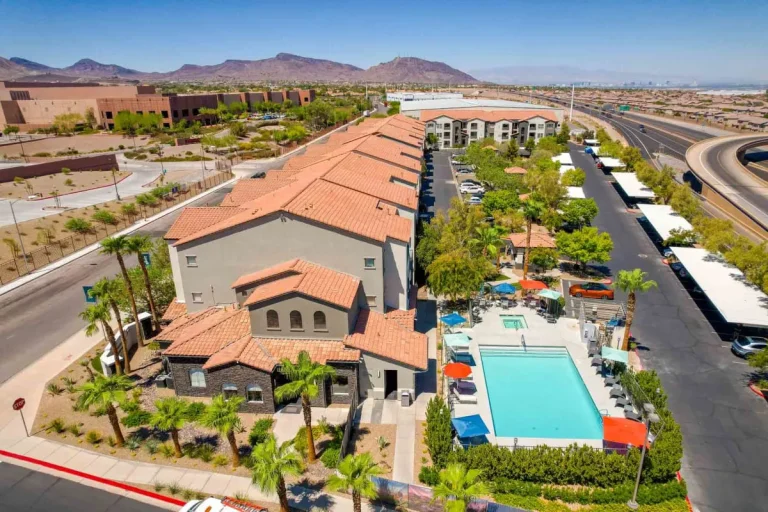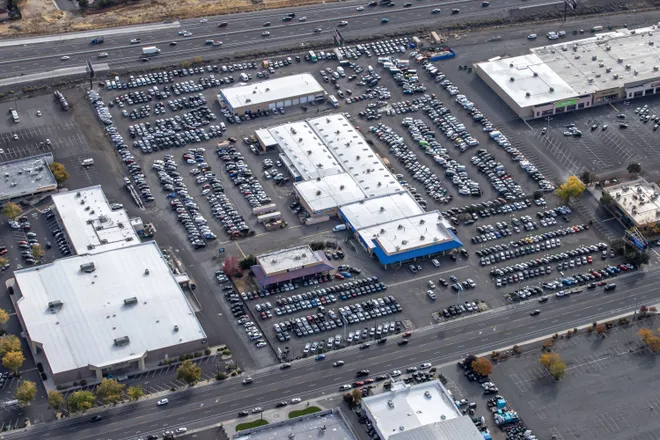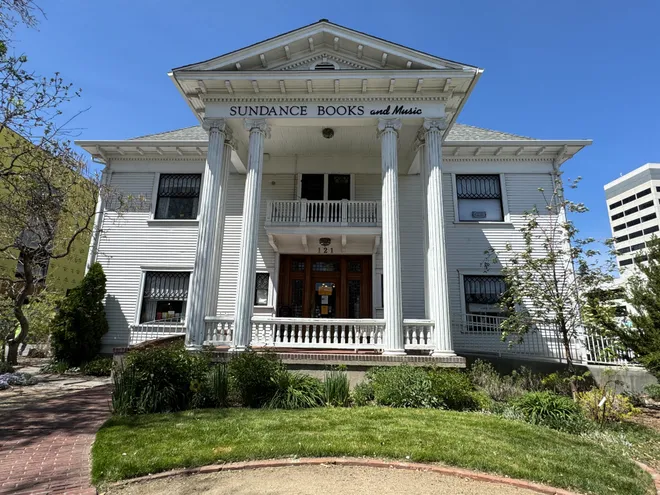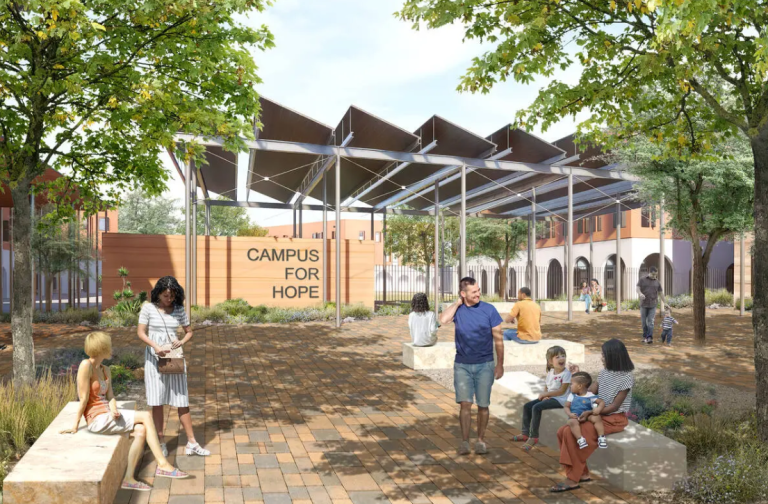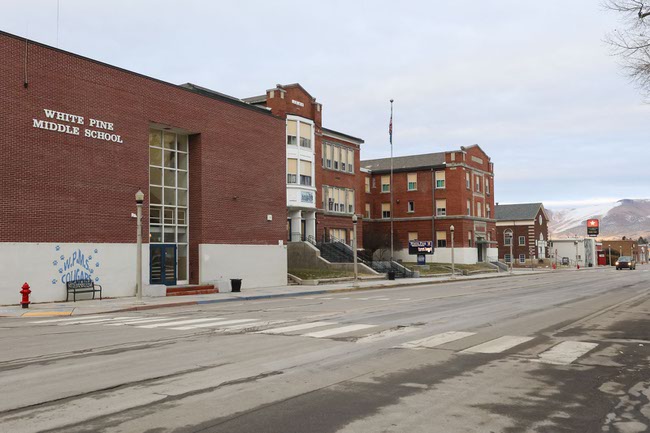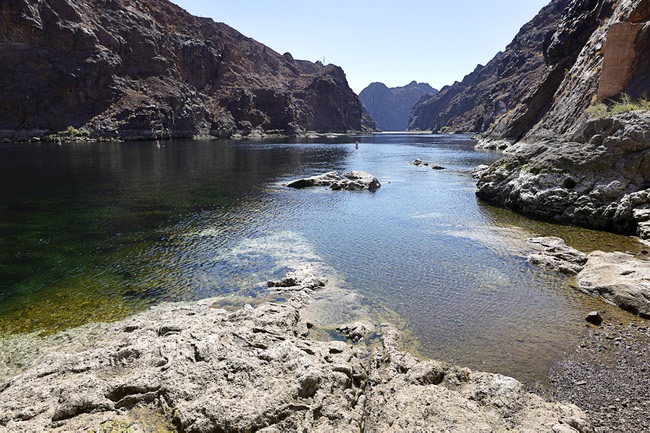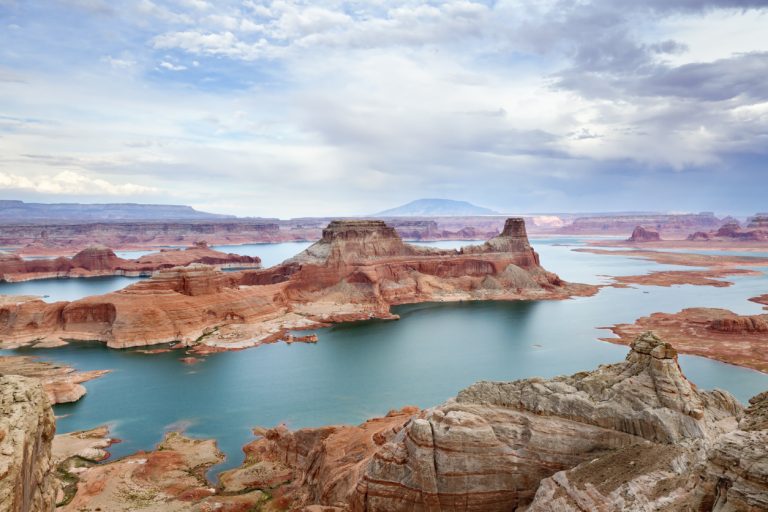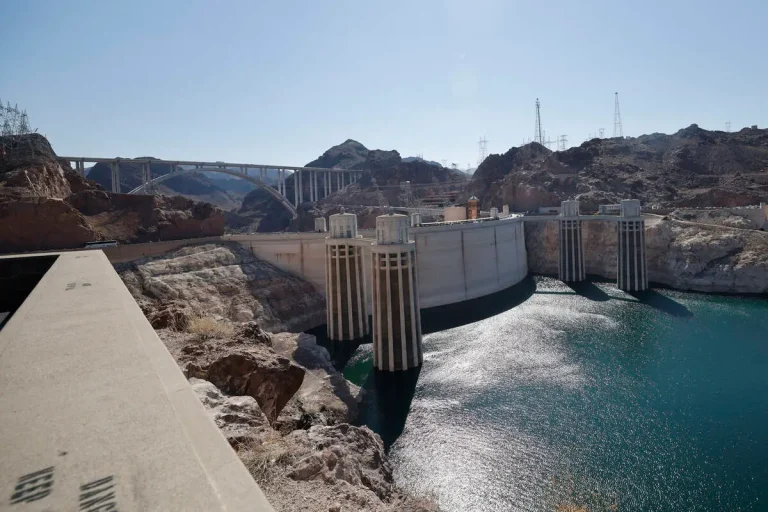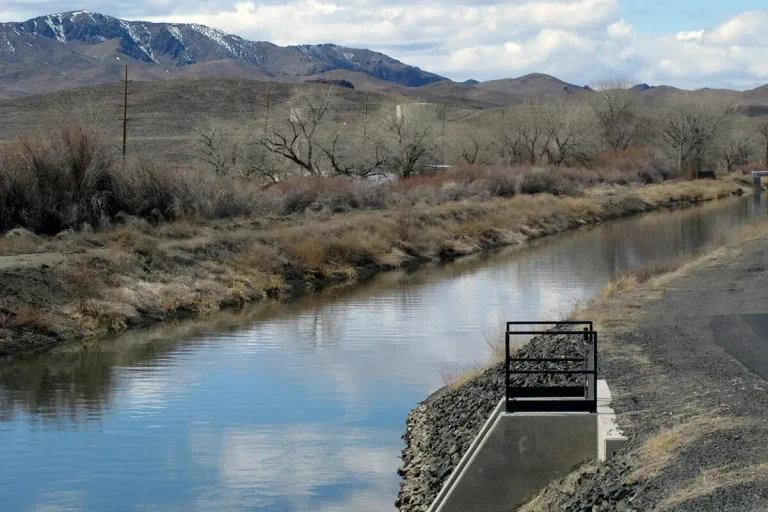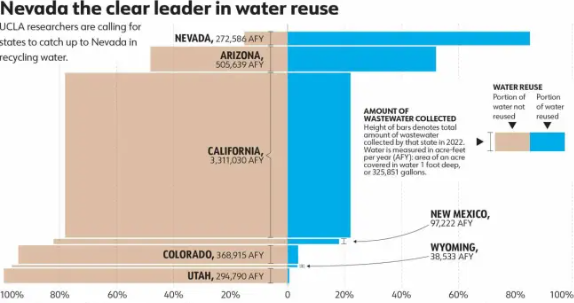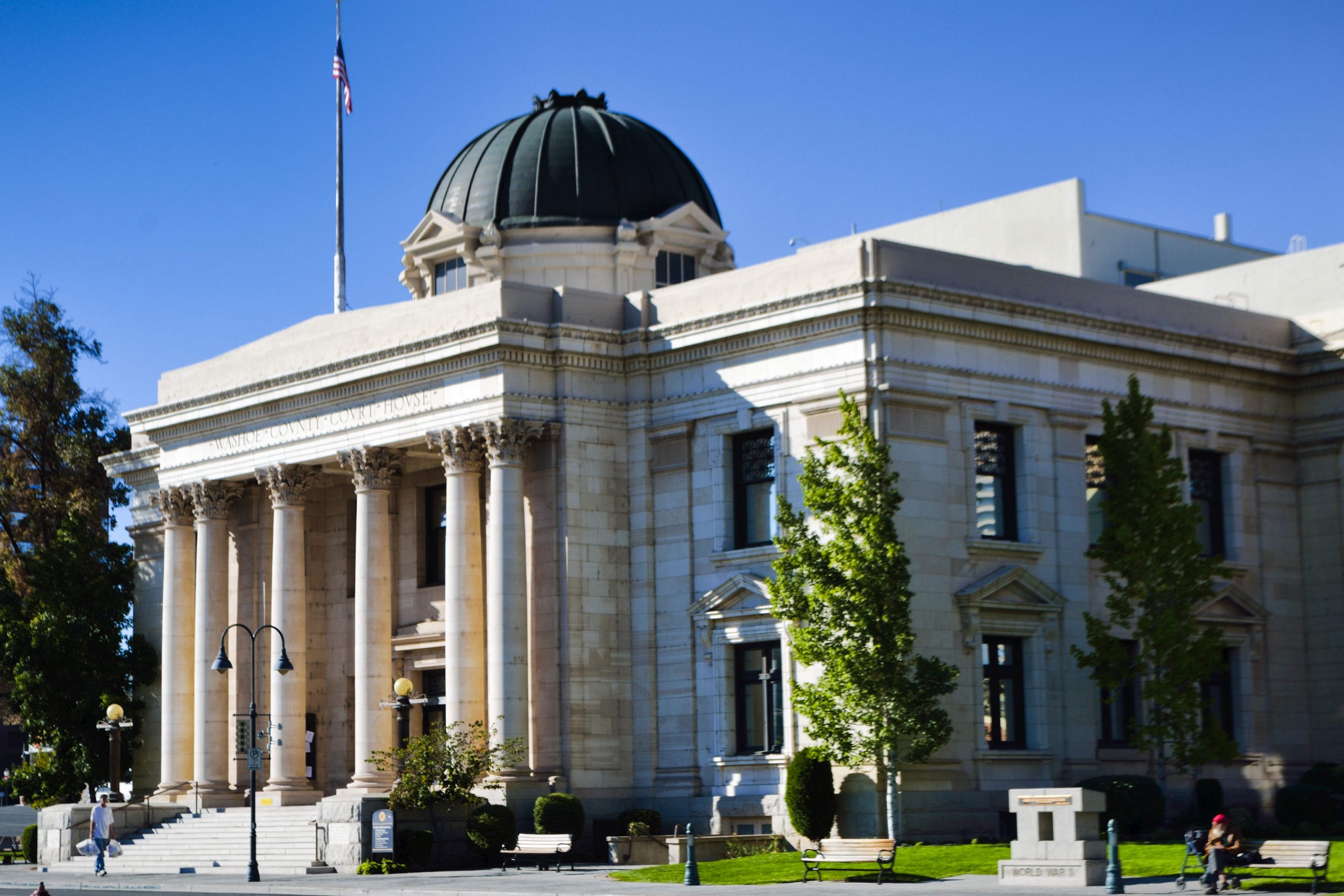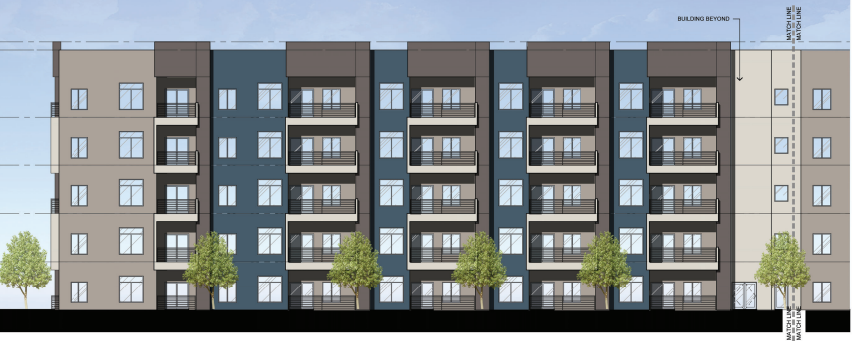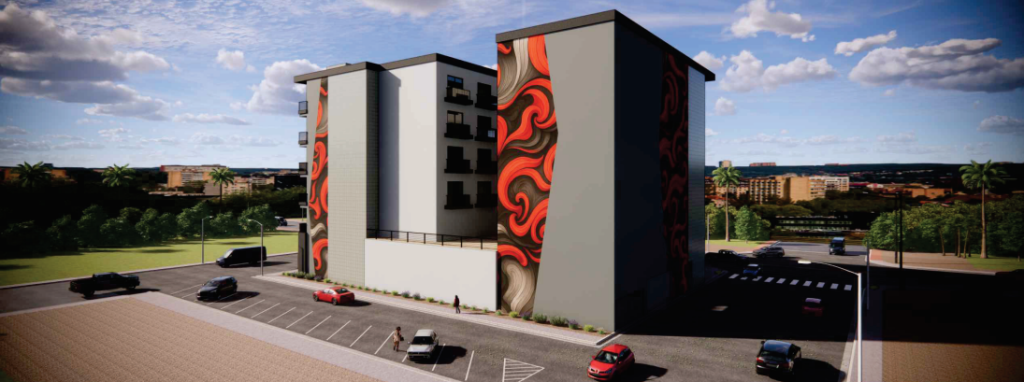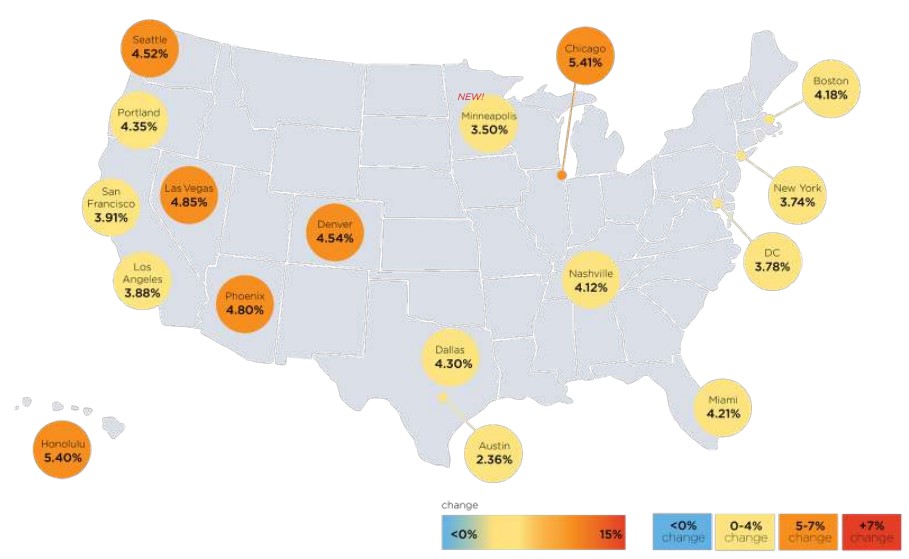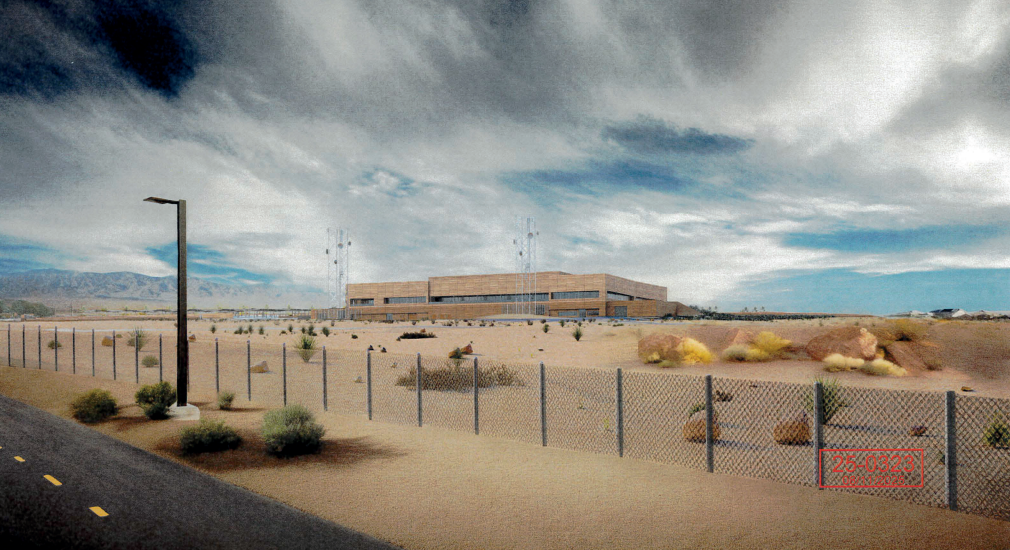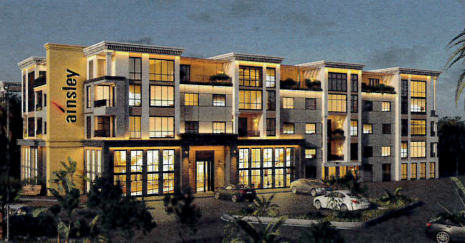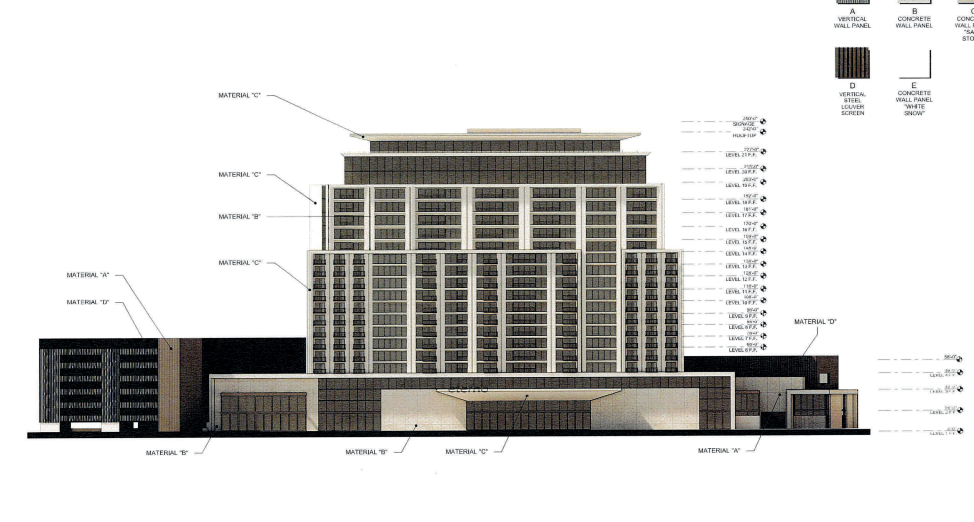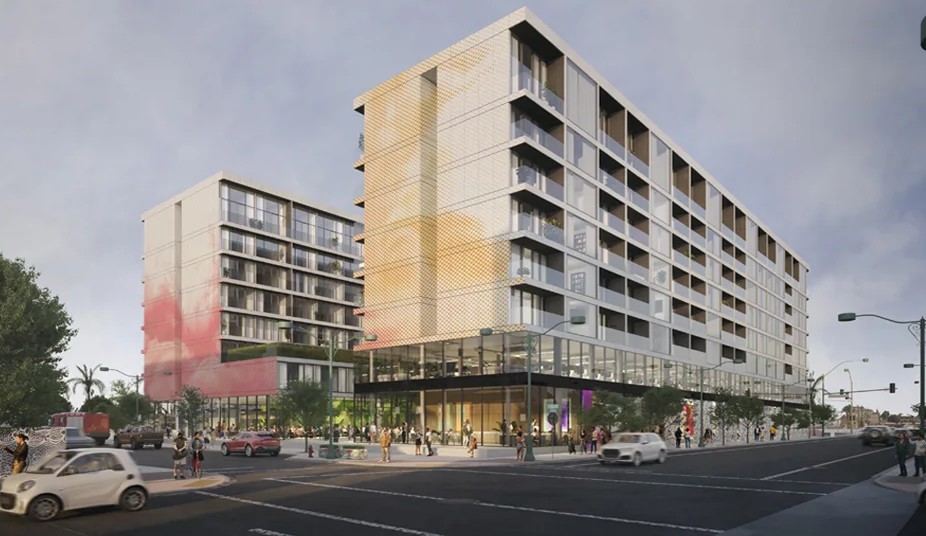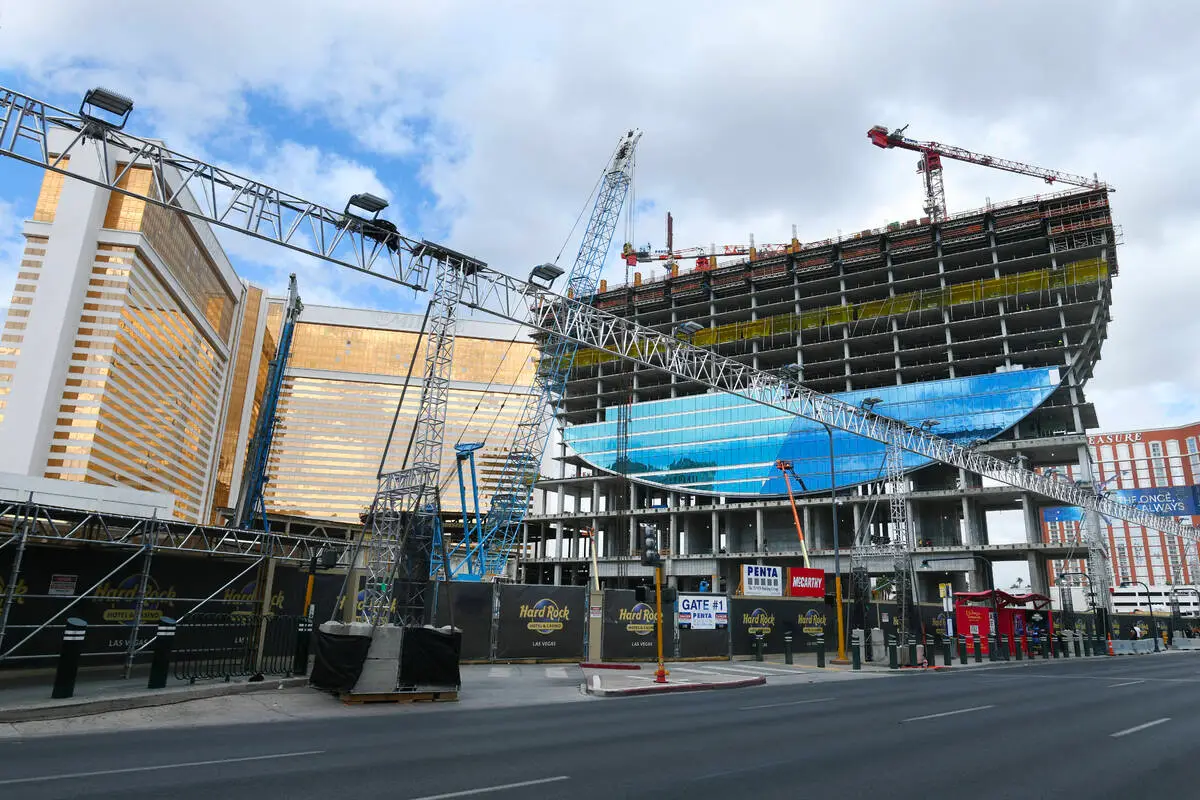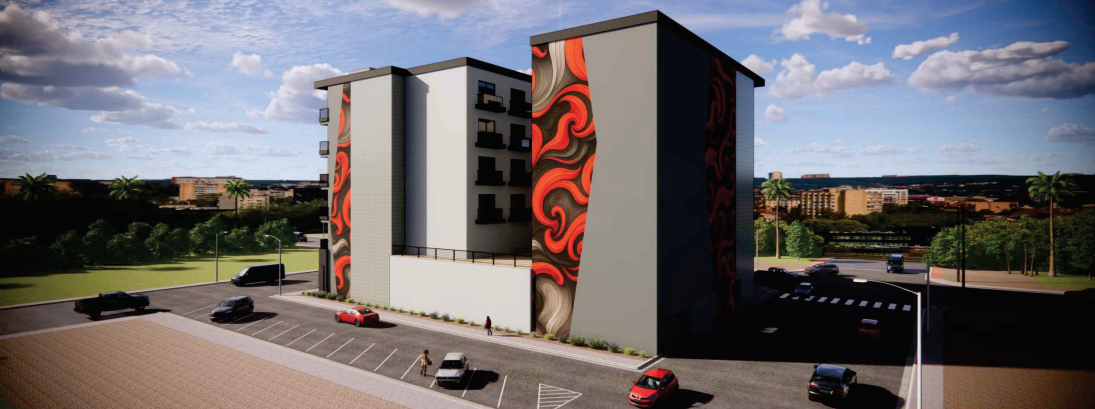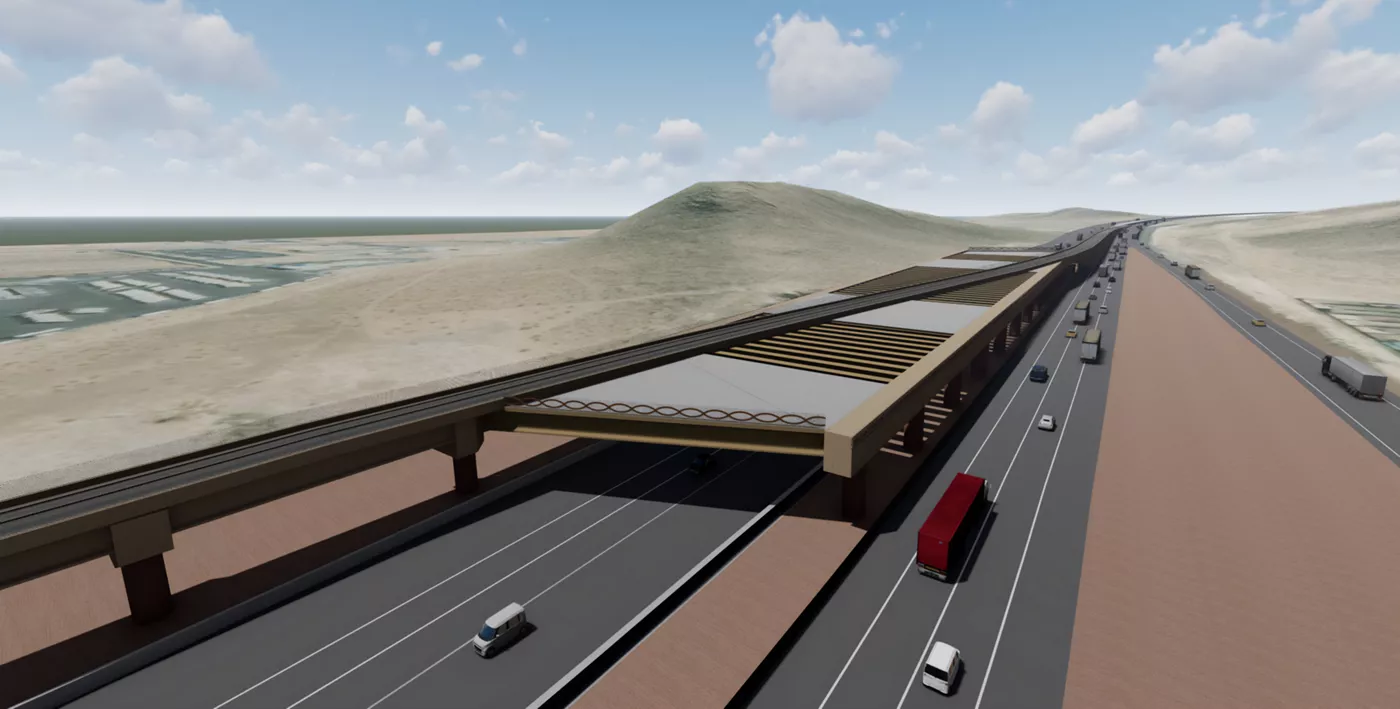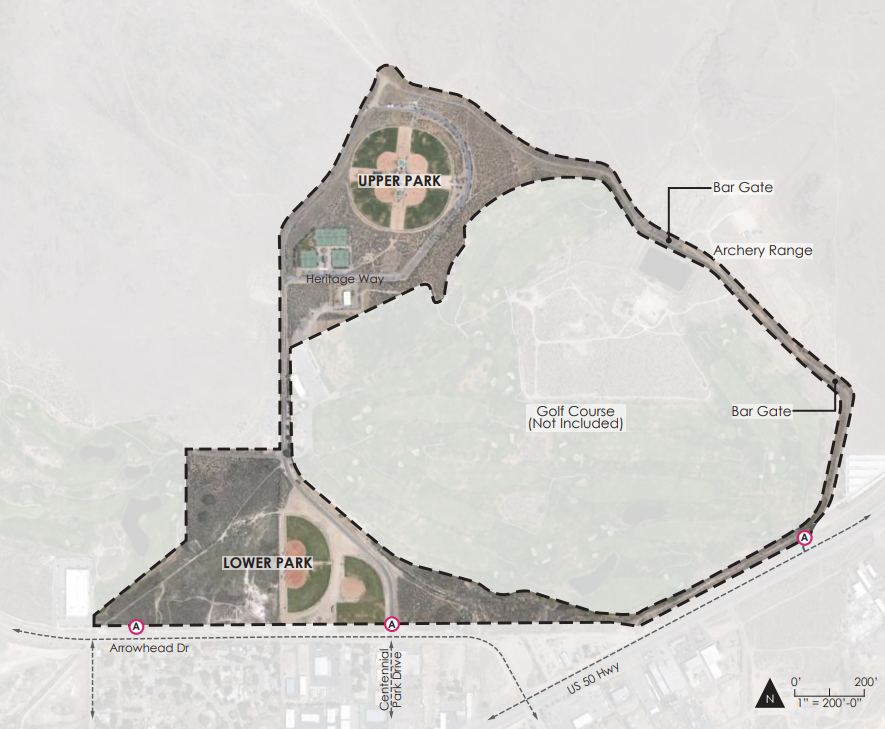The Truckee Meadows Public Lands Management Act covering federal land in Washoe County has passed out of the Energy & Natural Resources Committee and will now advance to a vote by the full U.S. Senate.
The bill was proposed by Sen. Jacky Rosen, D-Nevada, earlier this year and places approximately 98% of its focus on conservation, while less than 2% is geared toward development. Nearly a million acres would be shielded from development, while approximately 16,000 acres managed by the U.S. Forest Service and the Bureau of Land Management would be made available for sale to be used by businesses or for housing.
Opinions about the bill vary among federal and state officials representing Nevada, although none appear to be expressing public opposition. At least four environmentalist groups have expressed support, as has the Reno-Sparks Chamber of Commerce.
The legislation breaks down into five areas of focus:
- National Conservation Areas: 551,427 acres would be set aside with mining restrictions and vehicle use limitations. New areas would be Massacre Rim, the Smoke Creek Desert, Kiba Canyon and the Fox Range north of Pyramid Lake
- National Wilderness Areas: 223,039 would be dedicated to remain undeveloped “without permanent improvements or human habitation.” Newly designated areas would include Burro Mountain north of Pyramid Lake; parts of the Massacre Rim Dark Sky conservation area and Sheldon National Wildlife Refuge near the Oregon border; and Wrangler Canyon west of Gerlach.
- Tribal Areas: 21,007 acres would be used to expand territory for the Reno-Sparks Indian Colony, the Pyramid Lake Paiute Tribe, and the Washoe Tribe of Nevada and California.
- Growth and Development: Slightly more than 15,860 acres in the Reno area would be permitted for sale, with affordable housing being the priority use.
- Local Governments: 3,467 acres would be given to local and regional governments for parks, roads and other uses, including Washoe County, Reno, Sparks, the Washoe County School District and the University of Nevada, Reno.
The bill may not be enacted in the current session. It must be approved by the full Senate, then by the U.S. House and then signed into law by President Joe Biden, and Democratic officials are racing to address multiple issues before President-elect Donald Trump and a Republican majority House and Senate take office in the new year. (Source)

